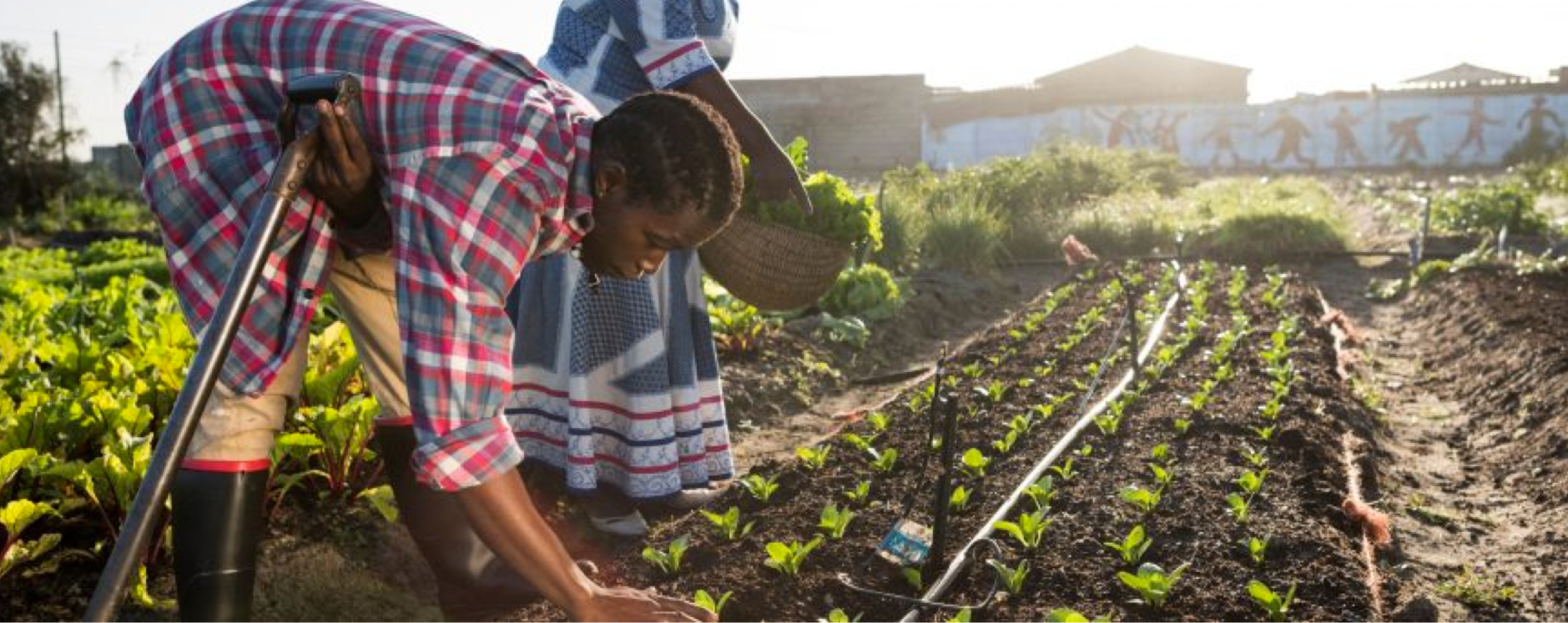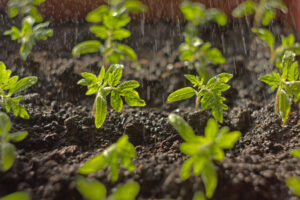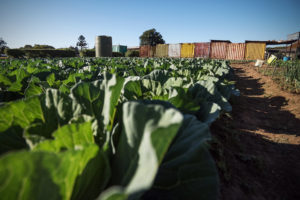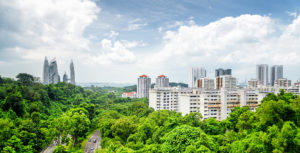PERSPECTIVES

Trees are important components in any water cycle. They act as natural filters and soil stabilizers, providing a valuable buffer against threats such as floods and erosion, while also making the landscape more resilient to the long-term effects of climate change.
Agroforestry, the practice to incorporate trees and shrubs in agricultural land use, is therefore a key component in improving local water resources and increasing farmers’ control over and access to freshwater.
By actively incorporating trees and shrubs when cultivating the land, farmers may also reduce the negative impacts of climate change on the natural environment around them, as agroforestry is a useful tool to restore degraded land and watercourses. All this without causing any harm to downstream water users.
Among the recommendations listed, the policy brief calls for the incorporation of agroforestry principles into national policies and strategies, and dedicated support to farmers in order to give them the necessary knowledge, opportunities and means to explore the advantages of agroforestry.



We use cookies on our website to make your experience better. Your personal data is safe and we do not sell it to anyone.
The website is running without cookies, some features will not work.